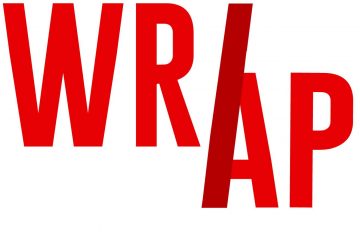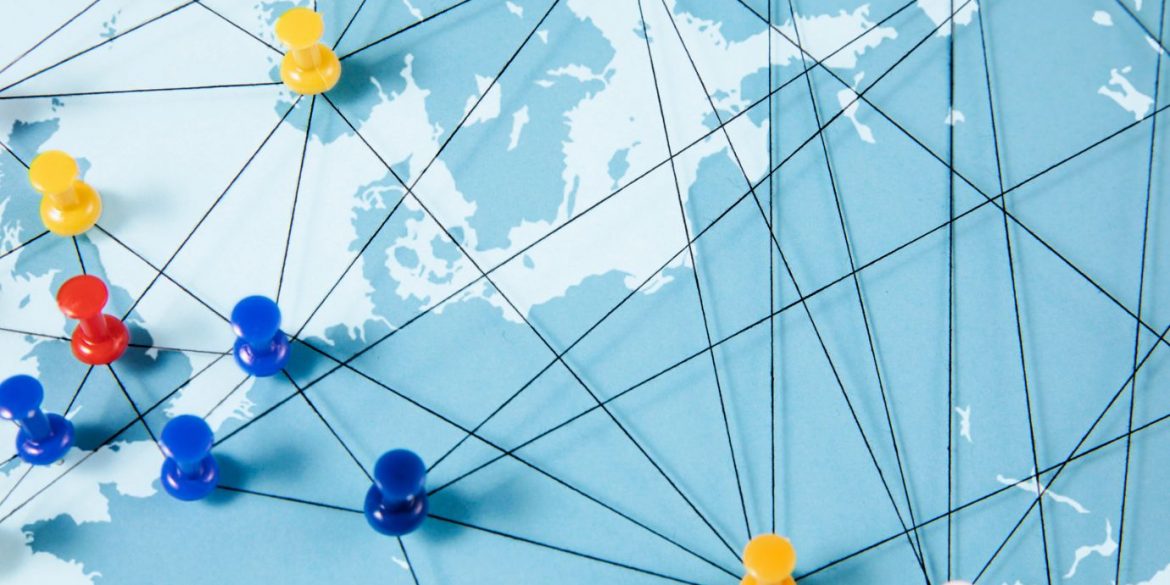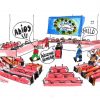| Intro | General influences | Disinformation – fake news | Propaganda |
| Corruption | Cyber-attacks | Social media | EU-measurements |
Intro
From the ongoing challenges due the global pandemic to the shifting dynamics of geopolitical alliances, economic changes, and the rise of social media. The European elections of 2024 promise to be a reflection of the many elements influencing the continent.
This exploration of new forces and crazy technologies will decide the elections even more than you think. “The elections have never been so unpredictable”, predicts the Czech Markéta Gregorová (MEP for the Group of the Greens/European Free Alliance).
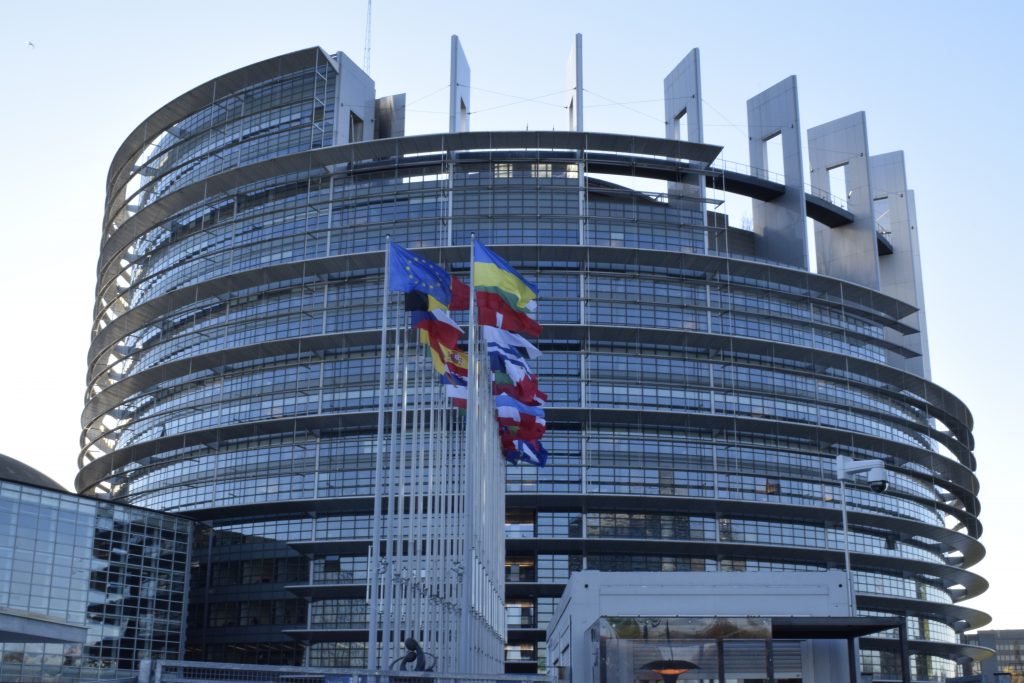
General influences: “There are big things going on”
There are some factors that remain constant in each election. Criteria such as age, gender, level of education or income play an important role on the individual level. But also social circles, media and political campaigns can influence how people vote, just to name a few influencing factors.
Peter Bursens, a political science professor of the University of Antwerp, explained the two main areas which shape people’s voting decisions. The first area is divided into being pro-European or Eurosceptic, and the second area is shaped by the general political positions that can also be found in each of the member states: being more left- or right-winged, being progressive or conservative. He described some of the most current topics that may concern voters.
According to Peter Bursens, particularly unpredictable events can have a massive impact on the outcome of an election. How strongly voters are influenced by this depends on what type of voter they are.
In 2019 the voter turnout for the European election increased again. But still, many people don’t show up to vote. Often because they don’t understand the importance of the European level. The main cause for this might be that the European Union is “too far away” from the citizens.
The danger of dis- and misinformation
Disinformation and misinformation are both phenomena that threaten the European elections. They might seem similar, but there are a lot of differences. “We have to stay vigilant and not let it affect our elections”, says a cautious Kathleen Van Brempt (MEP for Group of the Progressive Alliance of Socialists and Democrats in the European Parliament).
Anna, from the non-profit organization ‘DeCheckers’, explains the difference between mis- and disinformation. She only works with her first name, because the group of factcheckers wants to stay mostly anonymous. They factcheck claims online and reply to people who are spreading false information, with articles that prove them wrong.
“Disinformation refers to false information that is deliberately created, spread, and disseminated with the intent to deceive or manipulate others. Misinformation, on the other hand, refers to false or inaccurate information that is shared or spread without the intention to deceive. It may be the result of misunderstanding, mistakes, misinterpretation, or other non-malicious factors.”
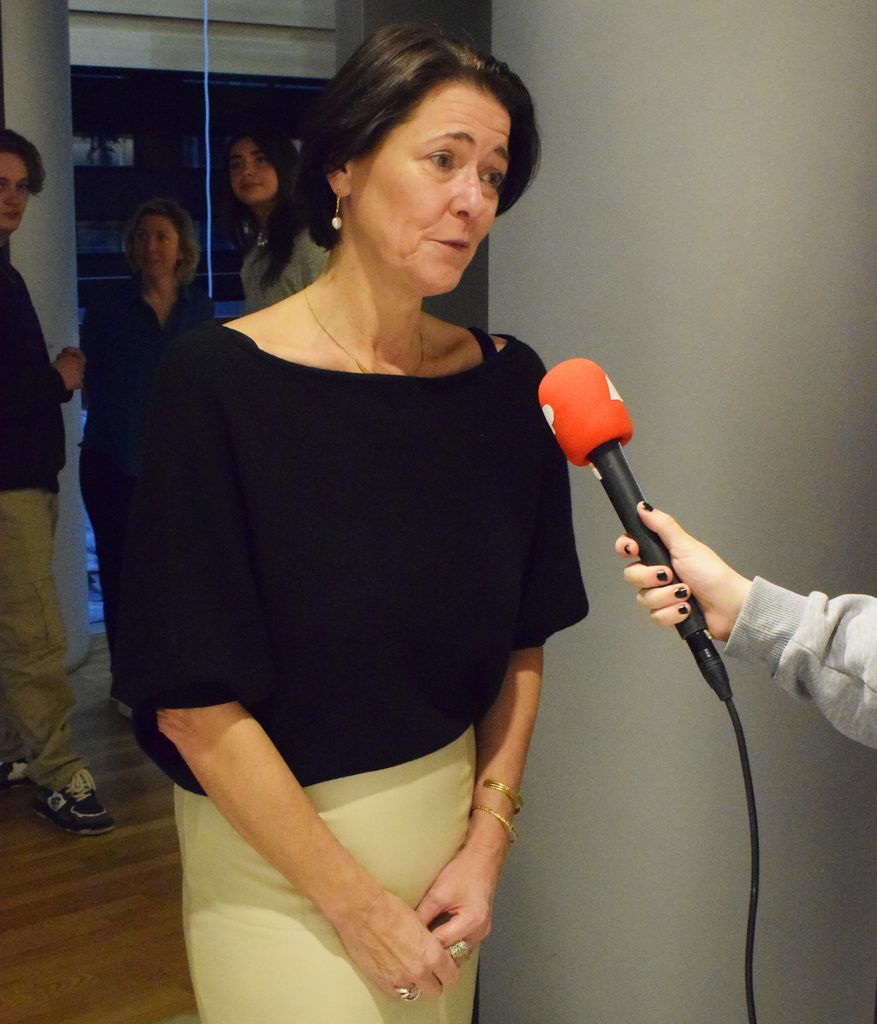
The influence of Russia and China
When people perceive false information as true, their opinions get created around and are based upon fundamental lies. They don’t have to be big, obvious lies; even in the most subtle of ways people can be manipulated. Members of the European Parliament are concerned about countries like Russia and China. “We already had the influence of Russia on the American presidential elections. We had influence of both Russia and China on the Brexit Referendum. A weak Europe is in the interest of those countries. We have to stay vigilant and not let it affect our elections”, says member of European Parliament Kathleen Van Brempt.
“I completely agree”, says Anna. “We’ve seen it recently with the Russia-Ukraine war. There were narratives that originated from Russia, spread in our country, in our language. I think it is definitely something to be aware of, because it has been proven in the past.”
Stay critical and vigilant: tips and tricks
“If content seems too shocking to be true, it’s time to check the source.” I asked Anna to give some tips, for spotting mis- and disinformation:
- “Have they spread false information in the past?”
- “Has the person who is spreading this news a reason to not be impartial?”
- “Stay wary and vigilant.”
- “Always check the comments”
- “Google the news. If it’s really big news and you can’t find any other news sources commenting on it, it’s probably fake.”
The biggest sources of fake news are found on social media. Alternative news sites without real credibility can do and post as they please. “Never trust those ‘alternative news sites’. I think there’s a Dutch website that calls them ‘hoax-websites’. You can always check those lists so you know where you shouldn’t look for your news.”
Propaganda
In this video, we dive into the definitions of propaganda and corruption, exploring how these take form and influence each other. We asked our interviewees whether these phenomena play a role in today’s society. For expertise we interviewed two journalists, who provided practical information on how we should knowledge and take on the potential consequences.
To apply the knowledge, we’ve gathered on current topics, we had the opportunity to interview Kathleen Van Brempt, member of the European Parliament of the fraction Progressive Alliance of Socialist and Democratics.
Zero Tolerance: the fight against corruption in the European Parliament
Recent revelations have spotlighted the issue of corruption within the ranks of the European Parliament. Ruben Cober (Parliamentary Assistant for MEP Hilde Vautmans (Renew Europe Group)) assures that the European Parliament still stands as a beacon of democracy.
The European Parliament, along with MEPs, emphasizes zero tolerance for corruption. It is a commitment that extends to all levels, with a firm resolve to combat corruption. New measures, part of a 14-point plan which includes strengthened rules criminalizing corruption offenses, harmonizing penalties across the EU, and implementing dedicated common foreign security policy sanctions, have been implemented.
“Additionally, the Parliament adopted a report calling for regular security and interference training, screening new staff for vulnerabilities to non-European influence, and excluding non-European contractors from sensitive activities.”
The Qatargate scandal involved a cash-for-favor scheme, prompting a review of internal procedures. President Metzola’s 14-point plan addresses potential loopholes and aims to ensure public sector accountability.
“The European Anti-Fraud Office (OLAF) conducts administrative investigations, and the European Public Prosecutor’s Office (EPO) handles criminal cases. Penalties for corruption within the European Parliament may include withdrawal of the right to vote.”
“Member states ensure accountability through reforms like mandatory registration and strengthened cooperation with national authorities.”

How cyber-attacks slowly poison the EU
DDoS, information manipulation, deepfake, as-a-Service programs… There’s a big chance it all sounds very unclear. But more than ever, all these things could have an impact on the upcoming European elections. That’s why the EU already took action. “It’s a very slow poison”, warns Markéta Gregorová (MEP for the Group of the Greens/European Free Alliance).
In November 2023, the European cybersecurity-watchdog Enisa published a report named “Threat Landscape 2023”. While doing research, the ENISA found that 20% of the cyber-attack incidents between July 2022 and June 2023, were targeted on governments. That means there are still 80% non-governmental attacks, but the influence of those 20% targeted on governments is way bigger.
“Those attacks are called ‘hybrid threats’”, explains Markéta Gregorová (30). She is an MEP for the Group of the Greens/European Free Alliance. She has also been appointed as a Member of the Special Committee on Foreign Interference in all Democratic Processes in the EU.
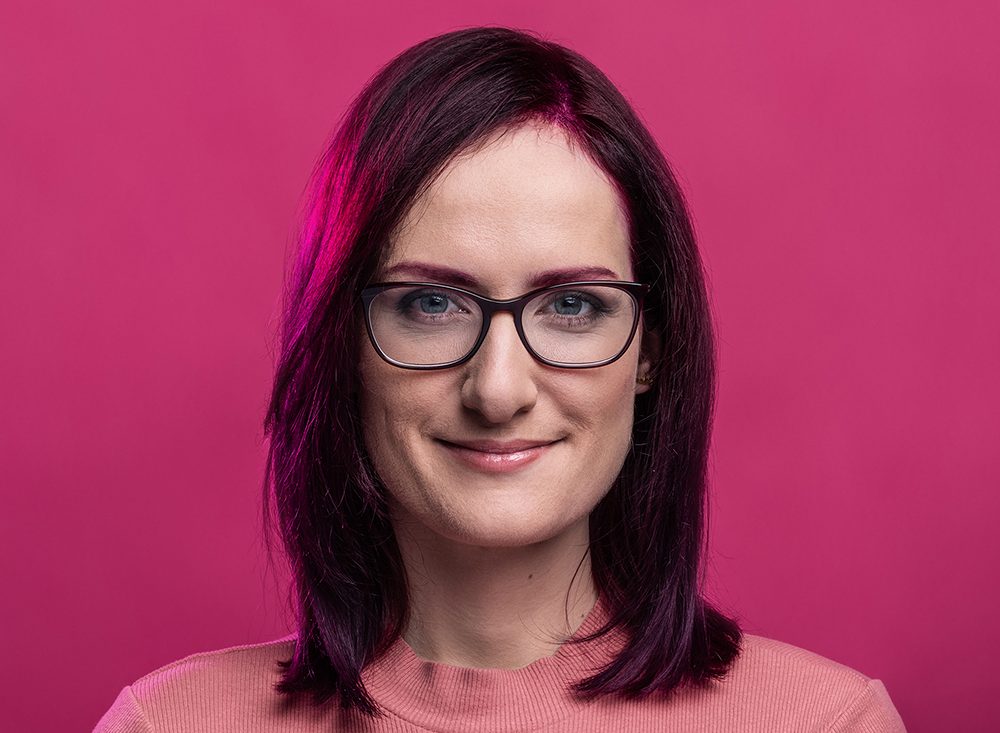
Long-term poison
“There’s a big difference between hybrid threats and conventional treats. The conventional threats are for instance nuclear or biochemical weapons, where the impact of the attacks are rather immediate than long term. If you drop a bomb, you see the effect immediately.
“They already had the tools in the past”
Markéta Gregorová
If you spread disinformation campaigns for ten years, you won’t see big impacts. But over those ten years, you will get more extreme positions within the country. People will think authoritarians are better than democracy. It’s a very slow poison.”
Gregorová vs. Botenga: different emotions
Looking forward to the coming European elections, she’s not scared: “I don’t think it will be ground changing, looking forward to the next European elections. If people wanted to create disinformation, deepfakes or hateful messages, they already had the tools in the past as well.”
That’s something where the young Gregorová disagrees with Marc Botenga (MEP for the Left Party). He does say he’s very worried: “There’s no regulation of artificial intelligence yet. I’ve seen myself at some point speaking a language I absolutely don’t speak, but just by artificial intelligence faking my speech.”
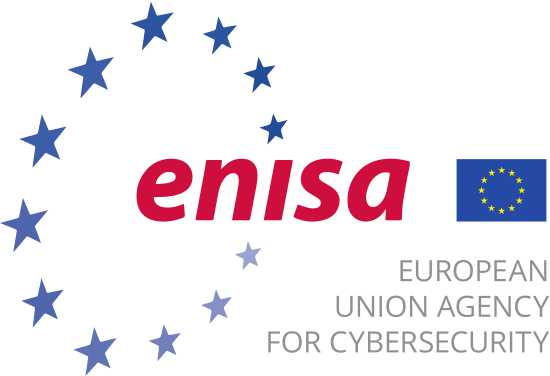
The European Union Agency of Cyber Security (ENISA) has been founded in 2004 for a reason. The European Union felt that they should have an institution which is “dedicated to achieving a high common level of cybersecurity across Europe”, like the ENISA describes itself.
Social media have a bigger influence than you think
Social media is everywhere these days. Not surprisingly, it will have a big impact on the European elections. Some social media platforms, such as TikTok, are already a topic of discussion in politics today. It was banned for staff working in parliament. Member of the European Parliament Marc Botenga (the Left Party) talks about the ban as well as the inevitable impact of social media on elections: “Don’t tell me I can’t use Tiktok, but can use other social media platforms, because I don’t trust one more than the other.”
TikTok has been banned from the work phones of parliamentary staff due to data protection concerns and possible links to the Chinese government. Joeri Hamvas, press officer of the European Parliament, explains how this decision not only raises questions about the security of the popular app, but also raises broader issues about the interaction between technology, politics and outreach.
Alessandro Chiochetti, the Secretary General of the European Parliament, has imposed a general ban on using Tiktok on a work phone. Therefor, on all phones where email addresses or sensitive information can be found, Tiktok should not be installed. “Importantly, though, that is only the rule for European Parliament staff like myself. Members of parliament do not have that obligation because they are independent. There is no ‘big boss’ of members who can impose obligations on them,” explains Joeri Hamvas.
Other purposes
According to Hamvas there are two reasons for the general ban. “Tiktok does not comply with European rules related to the protection of both general and personal data. Several states are working out what next steps to take regarding that problem. The second reason is simply that we don’t know much about Tiktok. We don’t know what exactly the app does on phones and whether any monitoring technology is present.” Therefor, Youri believes there is fear that the links Tiktok has with the Chinese government, could be used for purposes other than providing content and sharing content between the app’s users.
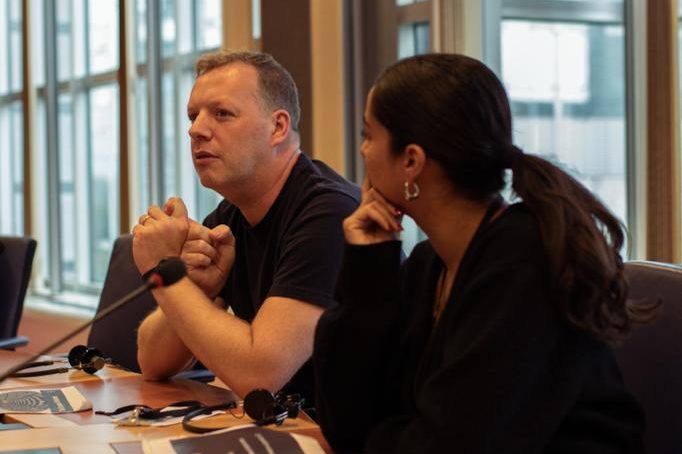
X and Meta
Fortunately, though, Tiktok is the only app that will be banned. “The decision to ban Tiktok from parliamentary staff was made because several states have been investigating the safety of the app. This was then reviewed by our security departments and together they decided that the risk of using the app in parliament was too high. Platforms like X or any platforms from the company Meta do not pose a threat according to the same kind of research and are therefore not prohibited to use.”
Hamvas understands the ban but finds it unfortunate. “What is interesting is that China has set rules on the use of Tiktok in its own country. For instance, users are only allowed to use the app for a limited amount of time and there is a minimum age you have to be to install it. The strange thing about this is that those rules do not apply to foreign markets.”
“We don’t know what TikTok does on our phones”
“On the other hand, purely from an institutional perspective, not being able to use Tiktok for our campaign is a big loss. There is a very large section of the population, especially young people, that we cannot reach, so I think it is a difficult discussion.”
European elections
Therefore, the decision will also indirectly affect the European elections. “The fact that we have difficulty reaching young people could cause them to be unaware of how voting works and why it matters. That’s unfortunate so then it’s up to us to inform them in other ways.”
How the EU is combatting misinformation
The fight against fake news might unintentionally infringe upon freedom of speech
Marc Botenga (MEP for The Left)
Marc Botenga is very clear about what the European Union (EU) thinks about fake news, especially how it affects social media and online platforms. As the fight against fake news continues, it has the risk of limiting freedom of speech.
Botenga gave an example using the Israel-Palestine conflict, saying that some parties might use anti-fake news measures to silence different opinions. It’s not just about stopping false information, it’s also about how rules are applied, potentially helping some and hurting others.
EU limiting freedom of speech
Botenga explains: ‘’We see now in Israel-Palestine, that the Israelis are systematically reporting information being put out there by Palestinians to say it’s fake news. And then it’s being censored.’’
One big concern raised in the interview was how the EU makes sure that their actions against fake news don’t take away people’s freedom of speech. Botenga mentioned that, in reality, the EU might be limiting freedom of speech while saying they’re fighting fake news. He worries that in conflicts like Russia-Ukraine or Israel-Palestine, diverse opinions about foreign policy might be silenced.
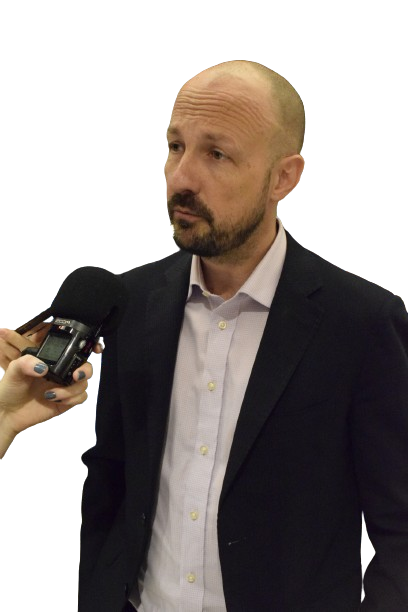
Big challenge for the EU
Botenga also mentioned that criticizing foreign policy, even if it’s fair, could be wrongly called hate speech. The fear is that the fight against fake news might unintentionally infringe upon freedom of speech, which goes against the democratic values the EU stands for.
The EU must carefully balance fighting fake news and protecting freedom of speech. As technology changes and information gets more complicated, finding solutions that work without hurting basic rights is a big challenge for the European Union.
